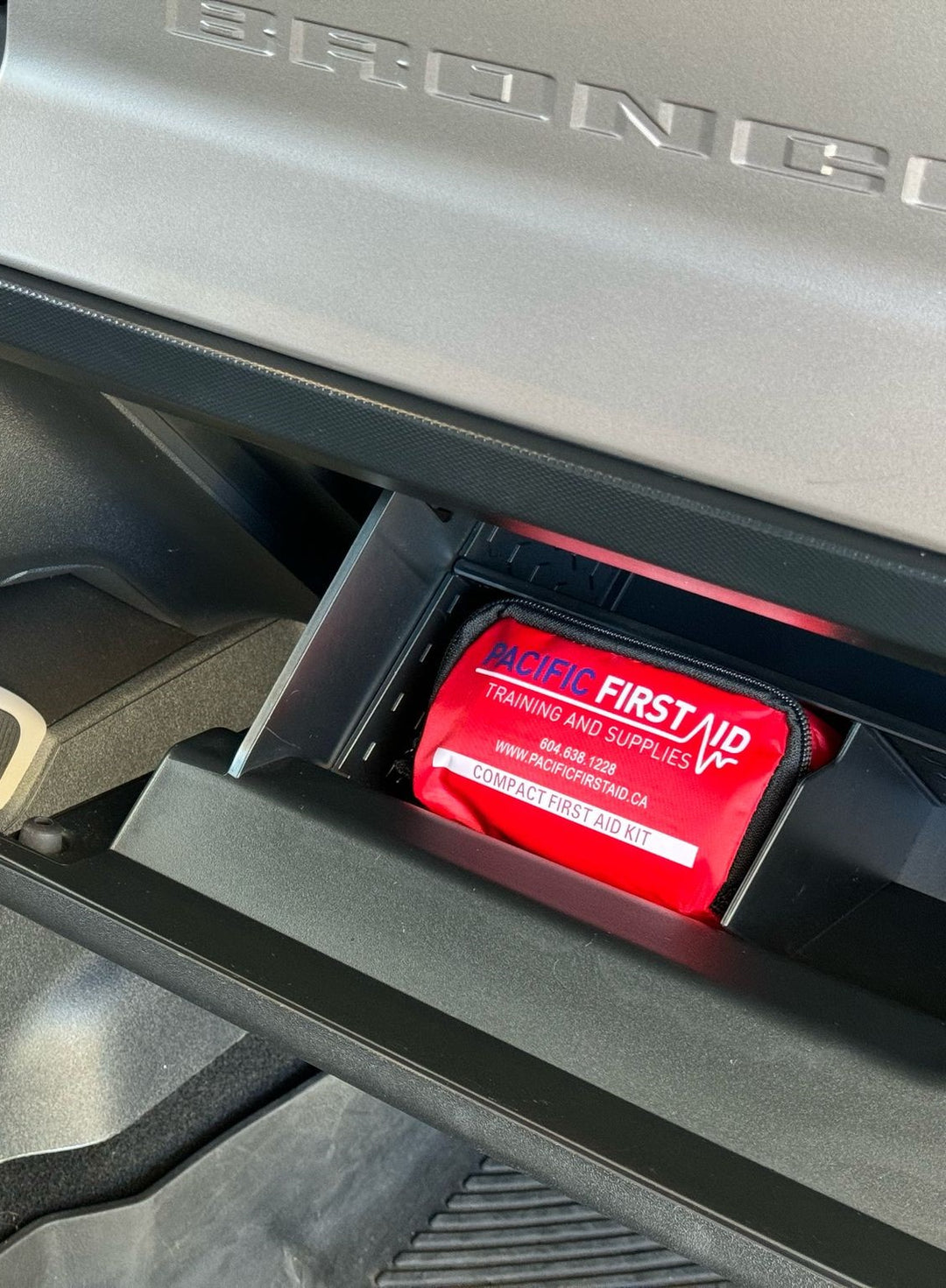
Public Health says it’s not safe to eat romaine lettuce in Ontario and Quebec. So why isn’t it being recalled?
Photo Credit: David Holifield
Public Health says it’s not safe to eat romaine lettuce in Ontario and Quebec. So why isn’t it being recalled?
People in Ontario and Quebec shouldn’t eat romaine lettuce, even if they buy it in a grocery store or it’s served to them in a restaurant, the Public Health Agency of Canada (PHAC) said Tuesday.
But the Canadian Food Inspection Agency (CFIA) hasn’t issued a recall on romaine lettuce, which means despite a risk of E. coli serious enough for PHAC to warn people in Ontario and Quebec not to consume the lettuce, it may still be out there. This is because investigators haven’t yet been able to identify a specific product responsible for the outbreak, CFIA said.
Canada’s major grocery chains have taken matters into their own hands, with Metro, Loblaw and Sobeys as well as Walmart Canada all confirming Wednesday that romaine lettuce is no longer being sold at their stores nationwide.
“In one, public health takes responsibility, in the other, the consumer takes responsibility and retailers do,” said Keith Warriner, a professor of food safety at the University of Guelph.
“It’s literally just deflecting responsibility, which isn’t good.”
In a news release on Tuesday afternoon, the PHAC indicated that the outbreak appears to be ongoing and that infected romaine lettuce may still be on the market.
As of Nov. 20, there were 18 confirmed cases of E. coli in Canada linked to lettuce, with six people sent to hospital. One person suffered hemolytic-uremic syndrome, a severe complication that can lead to life-threatening kidney failure.
PHAC said that there is no evidence to suggest that people outside of Ontario and Quebec are at risk. American authorities have also warned people across the U.S. to stop eating romaine lettuce.
It’s a potentially serious health issue, according to Siyun Wang, who is an associate professor of food safety at the University of British Columbia. “We know in some cases there could be very severe complications such as kidney failure, and in the very worst case scenario,
there will be deaths. But we haven’t seen it in this particular outbreak yet.”
According to the Canadian Food Inspection Agency, the agency is still investigating the source of the outbreak. “If a specific brand and/or source of romaine lettuce or other product is identified in the investigation, CFIA will take appropriate action,” the agency wrote in a statement. This could include a recall.
But they haven’t found a source yet. “Neither the Canadian or American food safety investigation have been able to identify a specific product of concern in the Canadian or American market place. All products tested as part of the investigation have been negative so far.”
According to Wang, in most food safety investigations, patients are first tested to see whether they have the same strain of E. coli, which indicates whether the cases are related. Then, they’re interviewed about their eating habits. What they say is compared to the average diet, so if for example more patients report eating romaine lettuce than most people do, then romaine lettuce is a possible culprit. To be sure, she said, investigators have to find lettuce with that same E. coli strain.
Warriner admits that a recall would be devastating to industry, and in one case, U.S. tomato growers sued authorities for mistakenly saying a salmonella outbreak was from tomatoes, when it was actually linked to chili peppers. However, he said, issuing a warning against eating lettuce has almost the same result on sales.
“They’ve got to be very careful about pointing fingers. If you point a finger at a company and it proves to be wrong, you’ve devastated that company. Nobody’s going to buy from them,” he said.
But, “At some point they have to say, ‘We’re responsible for the public health. It’s in our title.’”
Sourced from: Traincan







